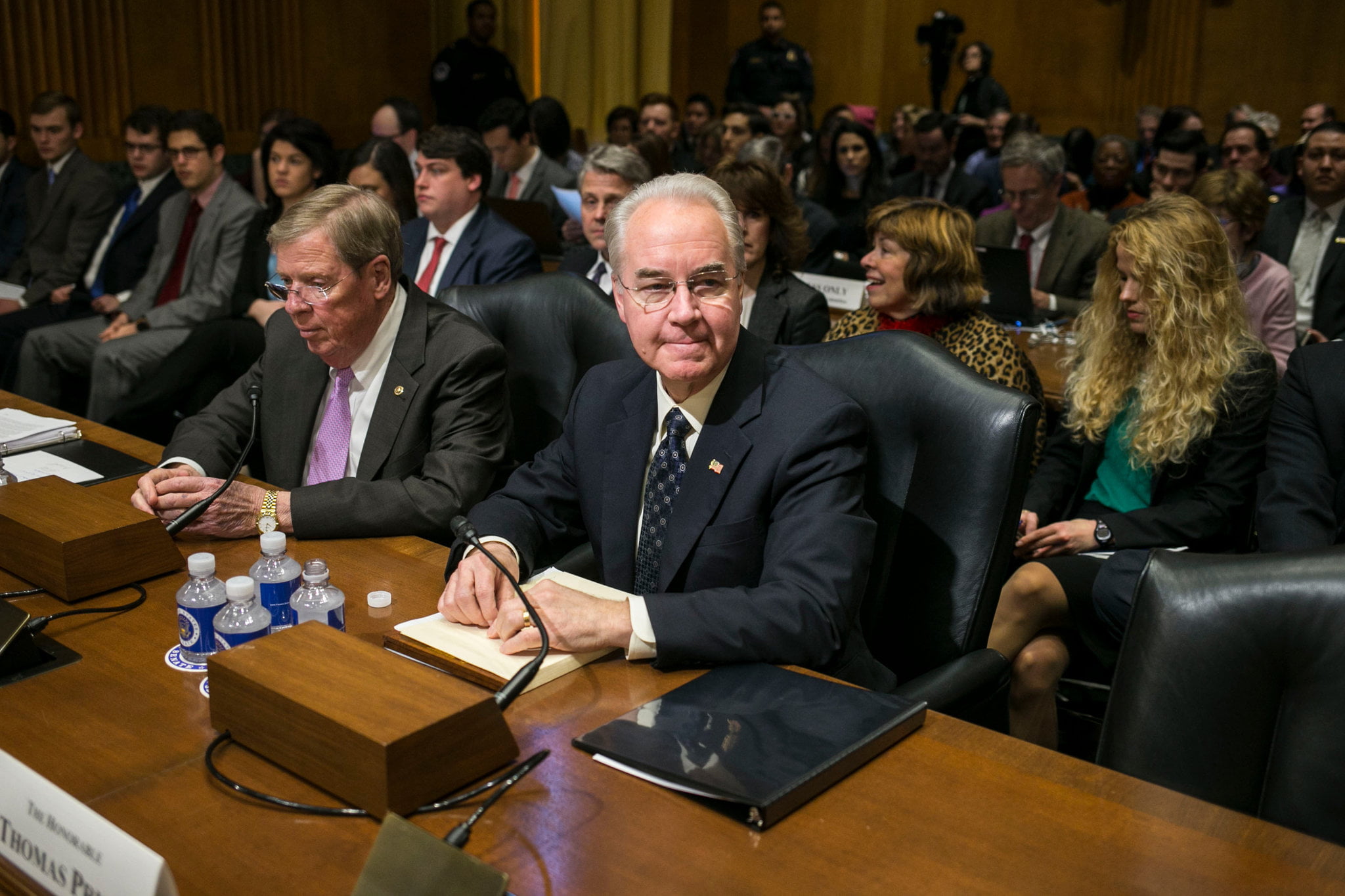 Strenuous exercise during pregnancy doesn’t appear to increase the risk of most pregnancy complications for mom or baby, a new report from the International Olympic Committee says.
Strenuous exercise during pregnancy doesn’t appear to increase the risk of most pregnancy complications for mom or baby, a new report from the International Olympic Committee says.
But the committee also noted that there isn’t much evidence available on the impact of intense exercise during pregnancy, particularly the type carried out by elite athletes.
Three U.S. pregnancy and exercise experts agreed that for most women, exercise is generally safe during pregnancy. But women used to intense workouts may need to take special precautions.
“We know that for the average woman doing average exercise, there is no problem,” said Dr. Bruce Young. He’s a professor of obstetrics and gynecology at New York University School of Medicine in New York City. “Being fit is great because labor is demanding physically. It’s work. That is why we call it labor.”
But for women who engage in high-intensity training routines, the Olympic statement recommended that these women cut back on their routine in the week after ovulation when they’re trying to become pregnant. Intense exercise during this time might affect the ability of the fertilized egg to implant on the wall of the uterus, the IOC statement suggested.
There’s also some evidence that repetitive weight training during the first three months of pregnancy could lead to a higher risk of miscarriage, the IOC said.
The new statement is one of several reports on exercise and pregnancy prepared by the International Olympics Committee. In this report, the committee found:
- There’s “high” and “moderate” evidence, respectively, that exercise during pregnancy reduces the risk of excess weight in babies at birth, and doesn’t boost the risk of labor complications such as the need for induced labor or episiotomy (a surgical cut of vaginal tissue to aid delivery).
- There’s “moderate” evidence that exercise doesn’t prolong labor, boost the risk of premature birth or of complications in the infant at birth.
- It’s not clear if exercise lowers the risk of cesarean birth or lowers the risk of tissue trauma and muscular tears during delivery.
Dr. Vincenzo Berghella agreed with the recommendations in general. He’s the director of the Division of Maternal-Fetal Medicine at Thomas Jefferson University Hospital in Philadelphia.
His advice to pregnant women is to exercise three to five times a week in sessions of 30 to 90 minutes each.
“Pregnant women worry about doing exercise, but they should not,” Berghella said. “For more than 99 percent of pregnant women, exercise is not harmful at all but indeed beneficial, with evidence for shorter labors, more vaginal deliveries, fewer cesareans, less gestational diabetes and less pre-eclampsia.”
New York University’s Young cautioned exercising women to slow down in the late months of pregnancy.
“Do what is usual for you up to seven months, then do about three-fourths, because your heart is doing 50 percent more work just from pregnancy at that point,” Young said.
“You don’t need to train for childbirth, but preparation with a proper diet and regular exercise and a prenatal visit to your doctor will offer you the best chance for a normal birth and a healthy baby,” he added.
James Pivarnik is a professor of kinesiology and epidemiology at Michigan State University who has studied exercise during pregnancy. He offered this advice: “Keep in touch with your physician, and unless you’re told otherwise, you should be able to keep up most of what you were doing. But listen to your body and know when to back off. This is different for everyone.”
The U.S. Centers for Disease Control and Prevention says healthy women should get at least 150 minutes a week of moderate-intensity aerobic activity — such as brisk walking — during and after their pregnancy. It’s best to spread this activity throughout the week.
[Source:-UPI]


